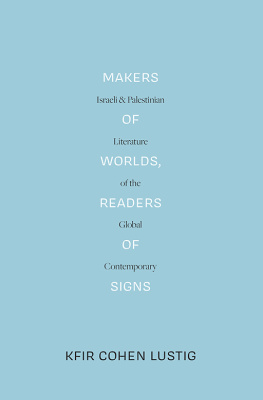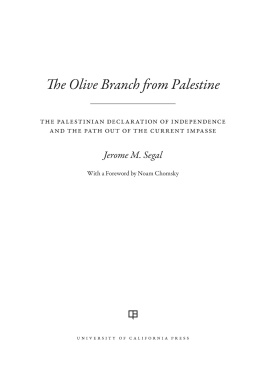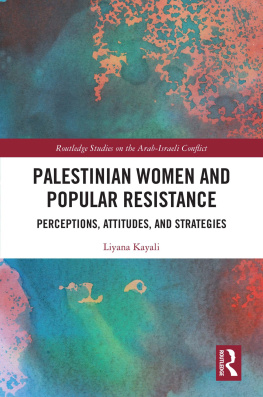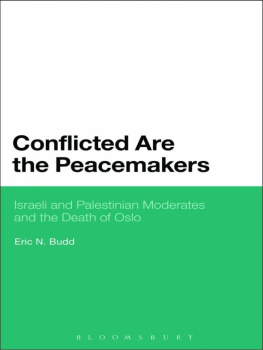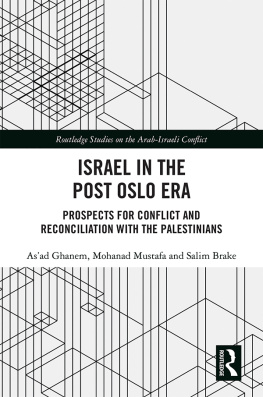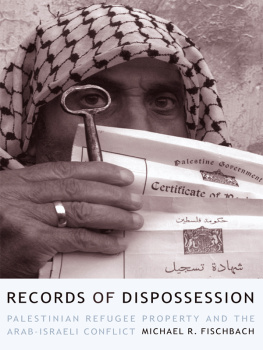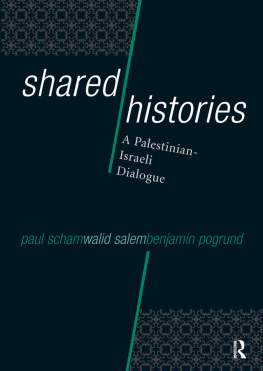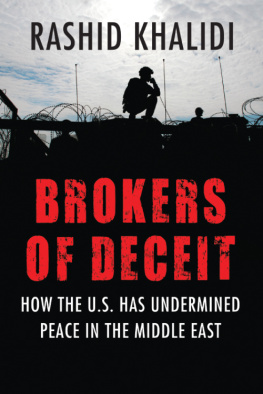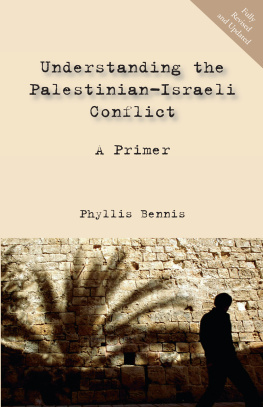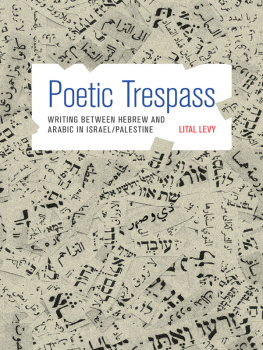Contents

Makers of Worlds, Readers of Signs
Makers of Worlds,
Readers of Signs
Israeli and Palestinian Literature
of the Global Contemporary
Kfir Cohen Lustig

First published by Verso 2019
Kfir Cohen Lustig 2019
Foreword Fredric Jameson 2019
All rights reserved
The moral rights of the author have been asserted
1 3 5 7 9 10 8 6 4 2
Verso
UK: 6 Meard Street, London W1F 0EG
US: 20 Jay Street, Suite 1010, Brooklyn, NY 11201
versobooks.com
Verso is the imprint of New Left Books
ISBN-13: 978-1-78873-757-9
ISBN-13: 978-1-78873-556-8 (HB)
ISBN-13: 978-1-78873-557-5 (UK EBK)
ISBN-13: 978-1-78873-558-2 (US EBK)
British Library Cataloguing in Publication Data
A catalogue record for this book is available from the British Library
Library of Congress Cataloging-in-Publication Data
A catalog record for this book is available from the Library of Congress
Typeset in Minion Pro by MJ & N Gavan, Truro, Cornwall
Printed in the UK by CPI Group (UK) Ltd, Croydon, CR0 4YY
For Erica
Contents
Heteronomy, Inequality, and the Poetics of Making:
Israeli Literature of the Statist Period 19401985
Autonomy, Equivalence, and the Poetics of Textuality:
Israeli Literature of the Neoliberal Period 1985
Important compositional or formal problems confront a truly theoretical work of literary criticism such as this one is (they are rare). First, that of the theory and the example, something always calculated to raise misconceptions and encourage misreadings. A book on Israeli and Palestinian literature will at once be taken to be a statement about the Israeli-Palestinian conflict, which this one emphatically is not. Not because of its neutrality or some secret prejudice in favor of this faction or that: this work has in fact some of the icy coolness of all the great dialectical standpoints on such struggles: that is to say, it is profoundly historical, and history is unfortunately necessity. But in fact it is not really about any of those partisan issues at all (except insofar as the very concept of partisan necessarily enters the literary judgments of its various exhibits).
In fact, this is a book about (for one thing) historical periodization; and that is its stunning originality. To be sure, any truly dialectical study and I believe that that is what this book is and what makes for its originality among a host of lesser theoretical studieswill, by uncovering the tangle of relationships, be about several problems all at once as we shall see. And these include so-called world literature; a kind of Wallersteinian question about centers (European forms) and peripheries which can have several different modes of developmenta genuinely third-world subaltern or war-of-independence colonization, and a satellite, settler-colony capitalist enclave. The various peripheries will produce works which are, appearances to the contrary, necessarily radically different in their form-problems from those of the center (even if in some ways the forms of the center secretly derive from the peripheries, and sometimes the underclasses, as is the case with so-called Western modernisms). Class is also a problem here, insofar as the class situations of the peripheries will always be skewed with relations to some classical mode of the center and its class struggles. Finally, as is evident here, the cultural area which takes as its framework a constituted nation (or better still the struggle to constitute a nation where none existed) will be very different in its experiences and its form-problems from the literature of a struggling or oppressed minority which itself would seem to derive from a very different linguistic, national, political, tradition (so that, for example, Palestinian literature will be confused with the Arabic or even Islamic literary-historical tradition). Incidentally, this last misconception will raise the question of tradition itself and of imports: we probably dont believe in idealist notions of tradition any morealthough at that point religion also rears its headbut the question of the export and import of forms from other places is a central, and poorly enough explored, question on the agenda of current world-literature studies, if indeed it has an agenda.
There thus overlap two kinds of issues: the First World/Third World opposition, which is asymmetrical to the degree that there are a set of First-World forms which have been developed and stand, like the automobile, ready for export (the Western one is called the naturalist novel); while the so-called Third World shows a variety of very different impulses and form-temptations, ranging from the traditional storytelling of the griot to modern resistance literature, agitprop, socialist realism, etc. Now then, can a single instance of Third Worldor better still, peripheralliterary development and invention be at all representative or exemplary of the larger First/Third World distinction? And indeed, everyone knows how unique the Palestinian conflict is and has decided that it is no longer politically exemplary (in the way it was in the 1970s when the Palestinian struggle was really at the center and beating heart of all the then struggles of national independence, and indeed of internal politics as a politics of liberation as well). So this book has yet a supplementary dilemma: how to overcome the general cultural fatigue with what is certainly still a burning dilemma, and how to avoid some inevitable avoidance behavior on the part of readers and scholars alike.
So in a more general way, the book faces the primary problem or potential misconception: Is it about a theory, which will always bear within it an urge towards universality (should it not somehow apply to all third-world literature, or to all literary comparison, or to all of the intersections of global literatures and cultures, etc.); or is it about a specific literature and literary historythe Israeli one or the Palestinian oneand somehow stands as one more contribution to those specialized fields, in which case the theory is more or less independent? So: class or political problems with classification of the area in question (colonies, Wallersteinian peripheries, etc.); the more traditional Marxist-literary-critical problems about social content and expression, form, political tendency, didacticism, etc.; the current debate about world literature which has its own dynamic today; the questions about the novel as a form (realism/modernism/postmodernism); and of course the problem of the Western reader, for whom all these books and references in impenetrable foreign languages, and all these unknown works, even in translation, easily become an excuse for a lack of interest altogether (where a responsible Americanist, for example, might feel obligated to look at something as unfamiliar as Chicano literature, even if it lies outside of his or her specialization in American transcendentalism, for example).
There are theoretical issues hidden away even in this last seemingly more individual matter of interest (Im not interested in foreign literatures like Vietnamese; Im not interested in acquiring all the historical background and reference I would need to read a Kyrgyz novel or play, etc.). They are twofold: the domination of English today, as lingua franca and world language (this seems to be at the center of what is called the world-literature debate today); but second, the reluctance to read about works you have never read, even if the story is briefly outlined.

